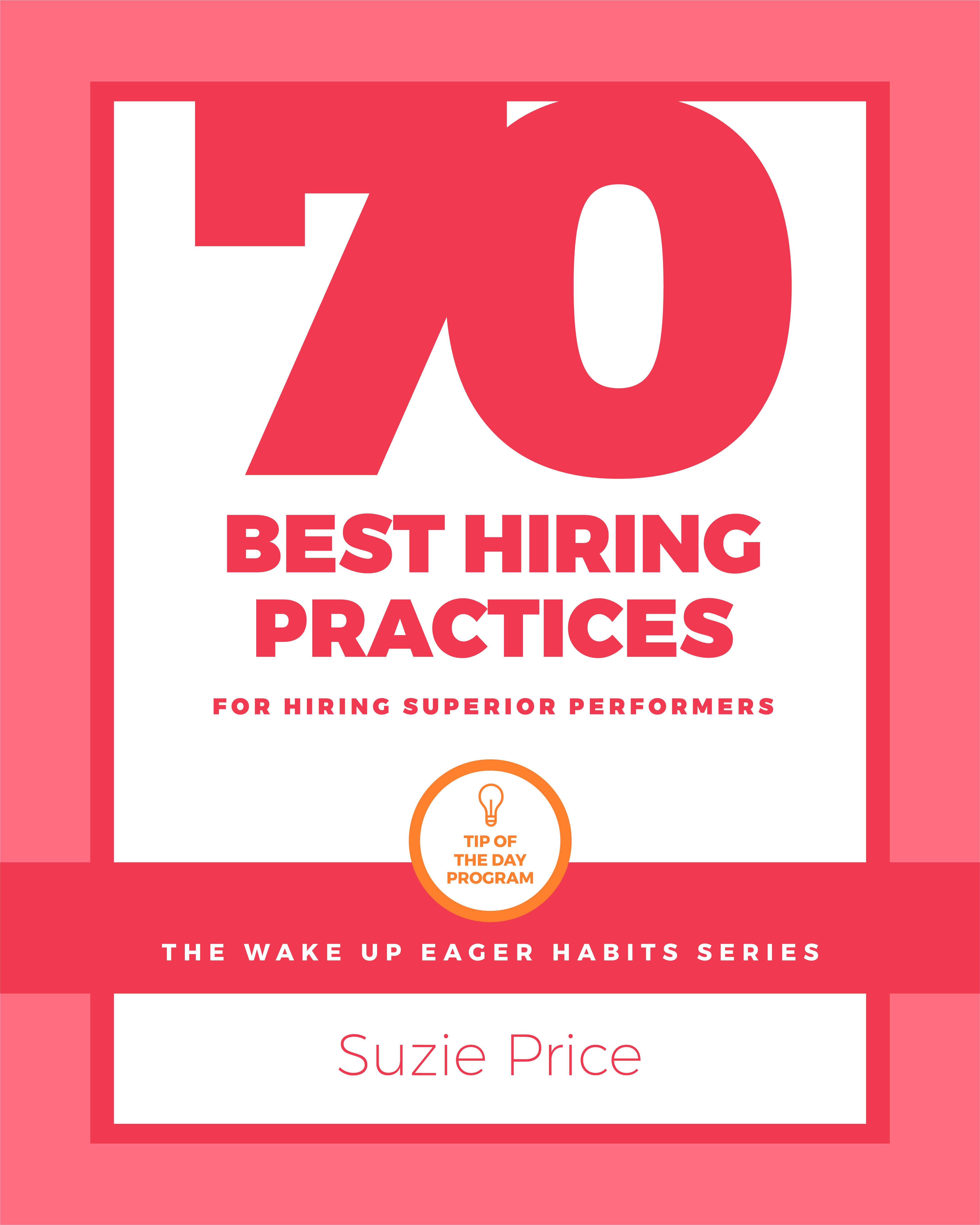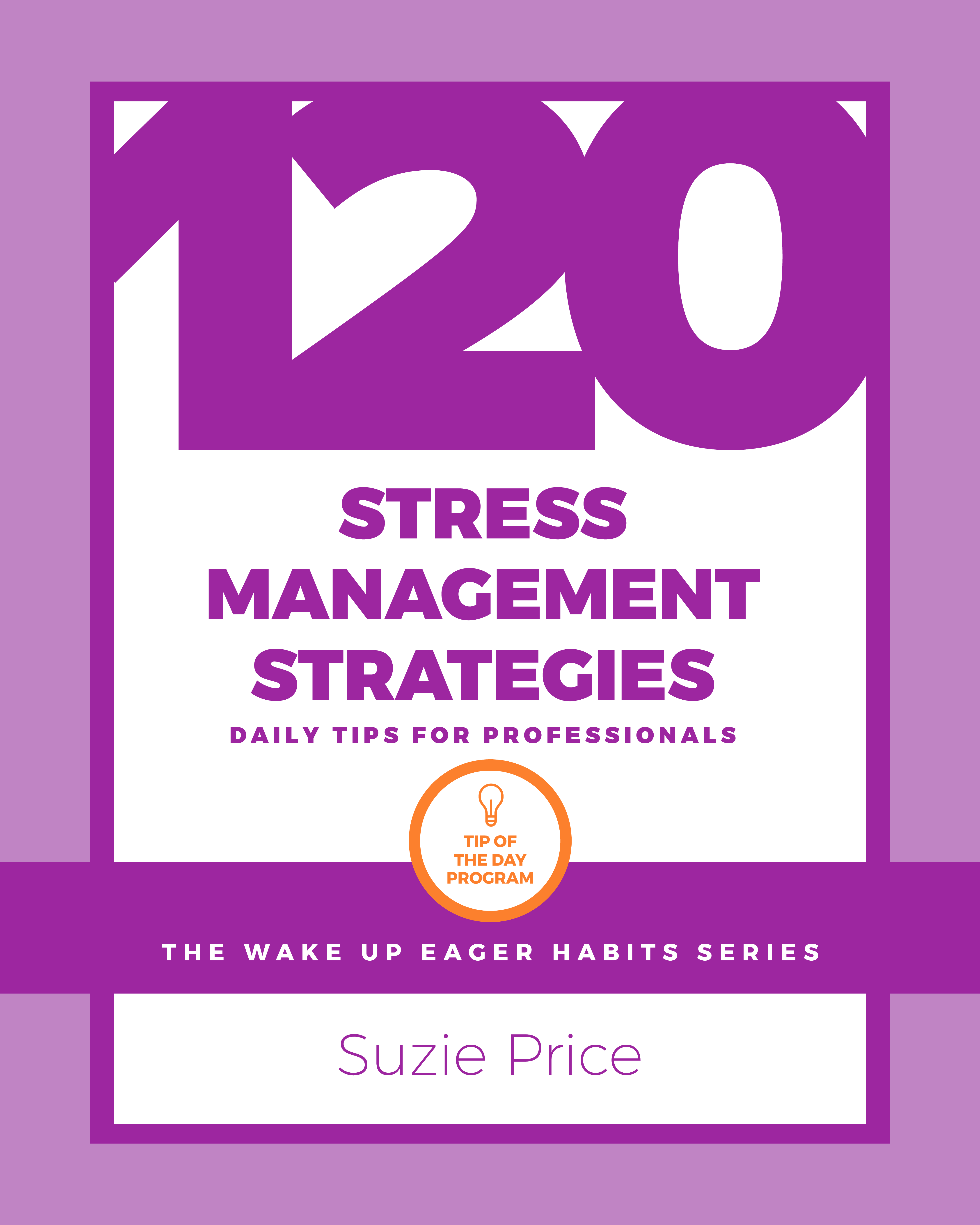The Know How You Need & the Tools to Get You There... Get Certified >

The Six Best Interview Questions EVERY Hiring Manager Should Ask EVERY Candidate
If you use the six best interview questions that I share here, and listen closely to your candidate's answers, you'll hire people who have high Personal Accountability**, a key attribute found in all top performers. In this article we share examples of this trait and why it matters.
=**Based on studies and research conducted by my Assessment Partner: TTI International,
98% of 6,800+ position hiring organization benchmarks Personal Accountability is
listed as one of the top 7personal skills required for superior performance.
The "King" Demonstrates Low and High Personal Accountability

Prince 'Bertie', who eventually becomes King George VI of Britain in the 1930's, overcomes a debilitating speech impediment in the inspiring award-winning movie, "The King's Speech." (It's a great movie!) The future King George VI, (Prince 'Bertie'), demonstrates both low and high personal accountability in the movie.
Prince Low Personal Accountability Example: Prince 'Bertie' gets frustrated and fearful around his lack of progress @ his stuttering. The Prince blames his Speech Instructor, Lionel, and others, for his inability to improve. He angrily defends himself and lashes out at his Instructor. Cursing and belittling him. The Prince quits his training and spends many months sulking. That's what people with low personal accountability do - they make excuses and blame others when things go wrong.
Prince High Personal Accountability Example: Eventually The Prince apologizes to his Speech Instructor for his behavior. (Apologies by a Prince/future King to a 'Commoner' were rare.) The Prince begins to take full responsibility for his actions. He stops blaming his Teacher, and starts digging-in and doing the work with fervor. Doing everything possible to improve. To overcome his speech impediment.
How Personal Accountability Shows Up in Hi/Low Motivation & Good/Bad Attitude:
I've seen leaders - and before I knew what I know now, I've done it myself - hire for background and fire for attitude. Employees with high Personal Accountability have the attitude you want, so you want to make sure you include in your list of best interview questions, questions that will reveal the candidate's level of Personal Accountability. Let's review motivation and attitude for a moment. When an employee joins a company they will take on one of three different 'Attitudes':

- #1 - The unmotivated Employee has a 'I Look Good, But I Don't Work' Attitude
If this Attitude were to talk, he/she would say, “I could move along when you interviewed me, but I was just looking good to get the job. I really just like sitting around and looking good. I don't want to, and I really can't get any where or do much of anything."
Someone with the 'I Look Good But I Don't Work' has low Personal Accountability.

- #2 - Or you can end up with someone who is motivated, sometimes. This is the 'Unreliable and Inconsistent' Attitude
With this person performance is spotty and unpredictable.. If this 'Attitude' were to talk, he/she would say, “I’m competent. I can do the job, but I’m not motivated. I just don’t care about this job." "But, when you stand over me and push me, I’ll can get going and get some stuff done. But if no one's around to push me, I’m probably not gonna get much done.”
This attitude gives you hot and cold performance, and is someone who can do the job but is not exhibiting strong Personal Accountability.

- #3 - The last option is the 'Champion' Attitude.
This person is capable and steady, and is almost always moving forward and productive. If this Attitude were to share, he/she would say, "I'm motivated and competent. I can go really fast and cover a lot of ground when you need me to. I'm strong and full of eagerness and competence. I recover quickly from set-backs. I'll work to become a Master of my Job, Master of Myself and Master of My Surroundings."
This 'Attitude' is what you want in every employee, it is someone who has strong Personal Accountability.
What Determines What "Attitude" an Employee Will Have?
What Attitude a person will bring to work is mostly impacted by:
- 1. Their 'fit' for the job. ("Is this work something I CAN do, AND that I WANT to do?")
- 2. How someone is managed. ("Does this company/team/leader care about me, and do I care about this company/team/leader?")
- 3. Past work habits, and work ethic formed over many years. ("Am I committed to doing good work, no matter what?" )
However, people
with high levels of Personal Accountability will do a good job even if
they are poorly managed, even if they are a poor fit for the job, and
even in stressful situations! (They may leave a Company or a Leader who mismanages them, but they will typically continue to perform until their last day...)
How Do You Know If Someone Has "It" Or Not? The Six Best Interview Questions To Ask...
Personal Accountability is a personal skill that can be measured, and is one area I look for when debriefing Candidate Assessments with Clients, in my Three Step Superior Performance Assessment Process. Not everyone chooses to use these type of Assessments with their Candidates, and that's okay because you can still look for this Personal Skill in interviews.
These six best interview questions, below, are designed to get the candidate to share specific examples of times when they demonstrated this skill. If someone has strong Personal Accountability he/she will have multiple and detail-rich examples to share. (Print this two-page best interview questions article summary so you can have these questions handy for your next interview. Download the Six Questions PDF, Here.)
- 1. Tell me about a time when it was necessary to admit to others that you had made a mistake. How did you handle it?
- 2. Give an example of a situation where others had made an error or mistake and you had to take the blame for their actions. How did you feel about doing that?
- 3. What is the worst business decision you ever made? What made it the worst? Would knowing what you do now have helped you to avoid making that decision?
- 4. Give me an example of a lesson you have learned from making a mistake. What did you do differently going forward?
- 5. Give me an example of someone you know whose personal actions led to disastrous results. How answerable is that person for what happened? What advice would you give to that person?
- 6. What person from history do you most admire for taking the blame for a failure? What did taking the blame do for that person?
Our patented Three Step Superior Performance Assessment Process is a simple, yet scientific hiring assessment process that helps you get:
- #1: Focused, Productive & Truth-Revealing Candidate interviews.
- #2: Superior Performers Who Excel in the Job and Stay With You.
- #3: Powerful & Productive On-boarding of New Hires.
Find out more here.
Definition of Personal Accountability & Core Beliefs of Someone With It...
Personal Accountability Definition: This is when someone is oriented toward owning up to errors and mistakes. When someone has strong Personal Accountability they spend no time defending their actions, blaming others or trying to cover up problems. They spend all of their time on finding solutions. If someone is strong here – even in situations where there are obstacles all around them – they pull through.
Core Beliefs of People Who Have High Personal Accountability: (Listen for these beliefs when you ask candidates the six best interview questions for Personal Accountability.)
- "Successful people do things that failures don't like to do."
- "Be true to your word and honor your commitments, even when you don't want to."
- "If there’s a mistake, I own up quickly so we can find a solution."
- "Overcoming obstacles is just a part of life and I always find a way to overcome them!"
Someone who has a strong sense of Personal Accountability will perform well, even when expectations aren't clear, resources are hard to find, and competition is tough.
They see accomplishment of personal and professional goals as a fundamental part of who they are, and they behave consistently and efficiently to accomplish these goals, regardless of obstacles.
Now, I am sure you can see why I want you to look for Personal Accountability strength in EVERY new hire, and why I am eager that you use the six best interview questions.
Print this two-page best interview questions article summary so you can
have these questions handy for your next interview.
Download the Six Questions PDF Here.
Our patented Three Step Superior Performance Assessment Process is a simple, yet scientific hiring assessment process that helps you get:
- #1: Focused, Productive & Truth-Revealing Candidate interviews.
- #2: Superior Performers Who Excel in the Job and Stay With You.
- #3: Powerful & Productive On-boarding of New Hires.
Find out more here.
LET'S TALK:
Contact us to schedule a Complimentary Consulting Call
or to ask questions about any of our Hiring,
Coaching, Training and Assessment services.




